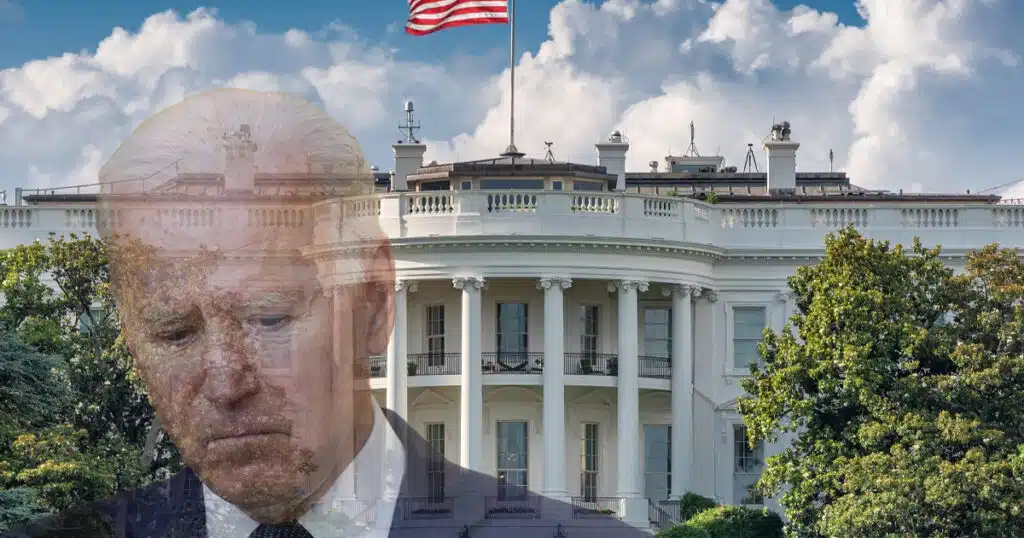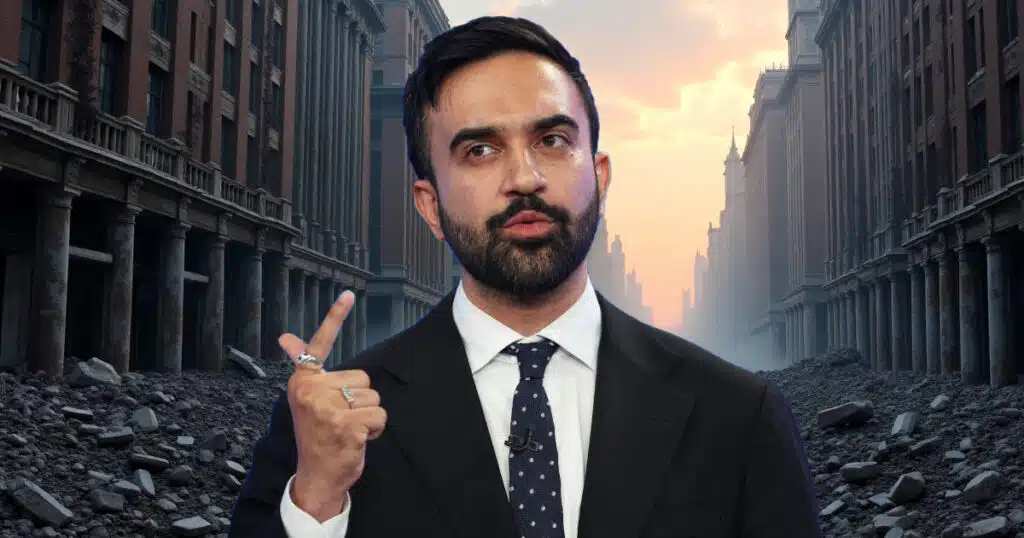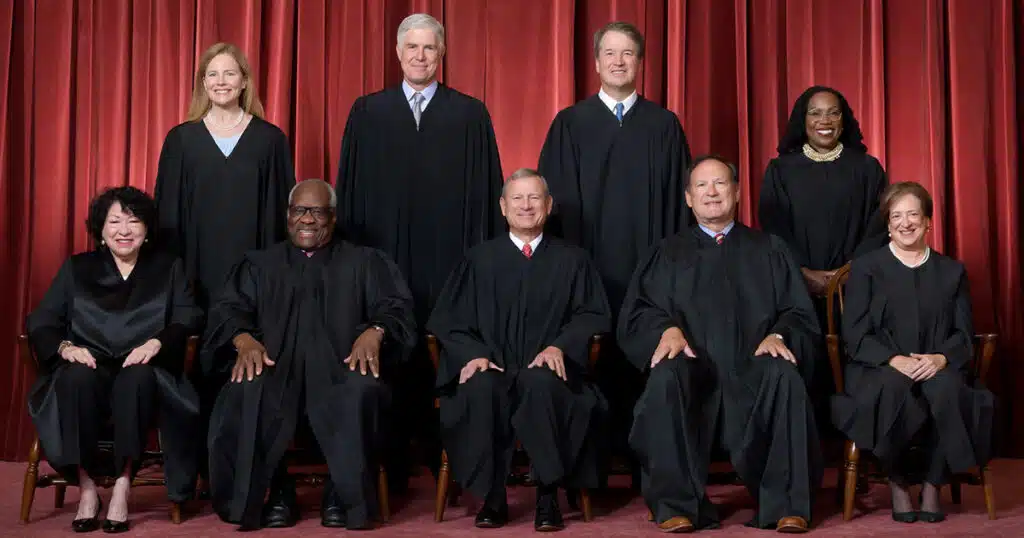
School Choice Debate Hinges on Human Rights
Teachers unions debate school choice as a funding issue. Nebraska special education advocate Clarice Jackson reframes the conversation around human rights.
She understands why the Nebraska State Education Association, the state’s largest teachers union, opposes the proposed Nebraska Opportunity Scholarships Act. The measure, Legislative Bill 753, would give tax credits to donors who use their own money to fund scholarships for lower-income families, opening doors that otherwise would remain closed.
Teachers unions prefer the status quo. They like having a captive audience, which guarantees revenue for public school systems regardless of performance. Jackson, who operates a tutoring center that specializes in dyslexia screening and intervention, applauds much of what public schools do with the money. “I love public schools,” she says.
But Jackson raises moral concerns that go beyond the funding issues. She points to the Universal Declaration of Human Rights, which says parents must be free “to choose the kind of education that shall be given to their children.”
Families with financial resources already have this right in Nebraska. They can purchase homes in upscale neighborhoods with easy access to high-performing public schools. They can hire tutors and coaches to supplement classroom instruction. They can arrange their work schedules to homeschool. And they can pay tuition at any private school they want.
Jackson saw none of these opportunities for a special needs student she met years ago in Omaha, Nebraska. The girl, who lived with her grandmother because her mother was in prison, reached second grade without learning to read.
Jackson, who was still a teenager herself, became the girl’s advocate and eventually adopted her as a daughter. When specialists diagnosed the child with dyslexia, Jackson did research and found a private school with the right expertise. There was just one problem: Tuition was more than Jackson’s monthly income.
She needed assistance. The government cannot compel taxpayers to subsidize private school costs, so Jackson reached out to community partners, who stepped forward voluntarily. Soon the girl’s reading level shot up, along with her self-esteem.
“Some children benefit from choice,” Jackson says. “That just goes with what we all know about this world. There is no one-size-fits-all model for anything that we do.”
Now Jackson wants similar opportunities for others through the Nebraska Opportunity Scholarships Act. The program would not use a single cent of public funds. Instead, tax credits would allow donors to direct their money to scholarships for students in lower-income families.
Nebraska State Education Association president Jenni Benson calls this innovation “smoke and mirrors.” State Sen. George Dungan goes further. He says the tax credits would rob public schools of money that rightly belongs to them. These attitudes reveal an insatiable appetite for revenue. Benson, Dungan and other opponents of parental choice suggest public schools are not only entitled to actual taxes, but also theoretical taxes the government did not collect but could if policies were different.
Our public interest law firm, the Institute for Justice, has defeated similar arguments in Illinois, Alabama and elsewhere. In nearly every case involving challenges to tax-credit scholarships, state supreme courts have upheld them as constitutional.
Teachers unions say the best way to help struggling families is to pour all available resources into public schools. But not every child is well-suited for their neighborhood public school. What’s more, depriving parents of choice essentially treats them like schoolchildren who cannot think for themselves. It is antithetical to the fundamental right of parents to direct the upbringing of their children.
If private donors want to expand opportunities for marginalized families — leveling the playing field in a rigged system that provides choices for some but not others — then state lawmakers should let them. Jackson has seen the benefits firsthand. “My belief in having choice, regardless of status or income, has become part of who I am,” she says.
Parents deserve the ability to get the best possible education for their children. The Nebraska Opportunity Scholarships Act would help.
David Hodges is an attorney and Daryl James is a writer at the Institute for Justice in Arlington, Va.
This article was originally published by RealClearPolicy and made available via RealClearWire.



